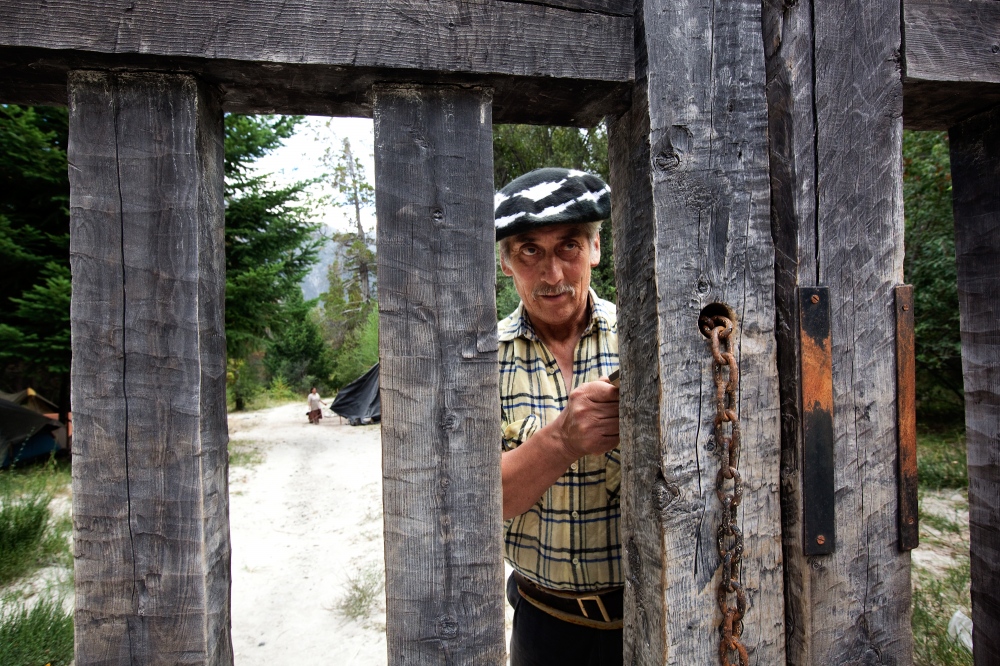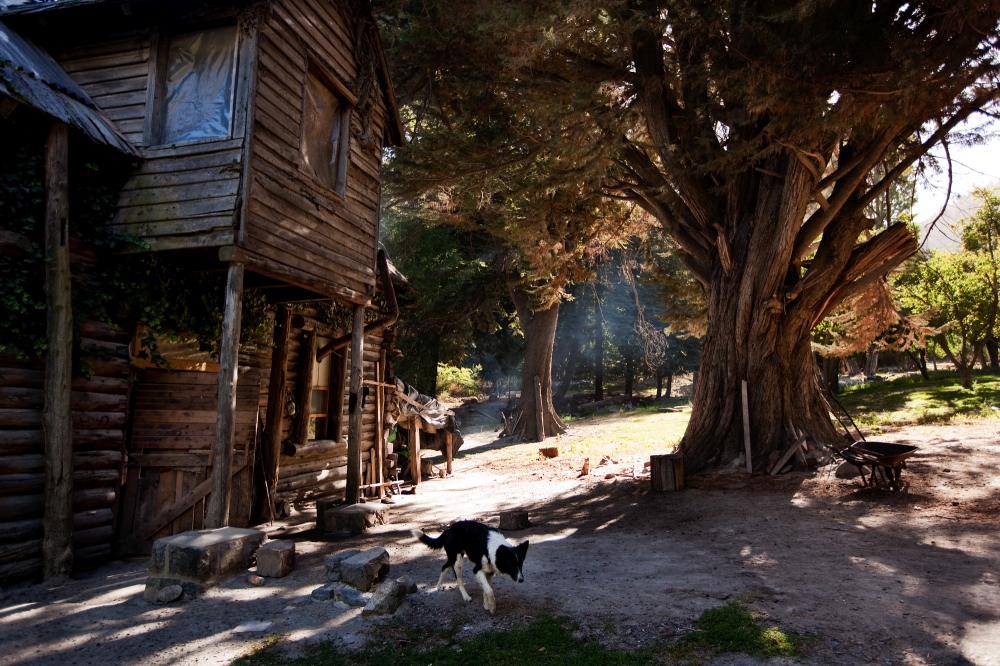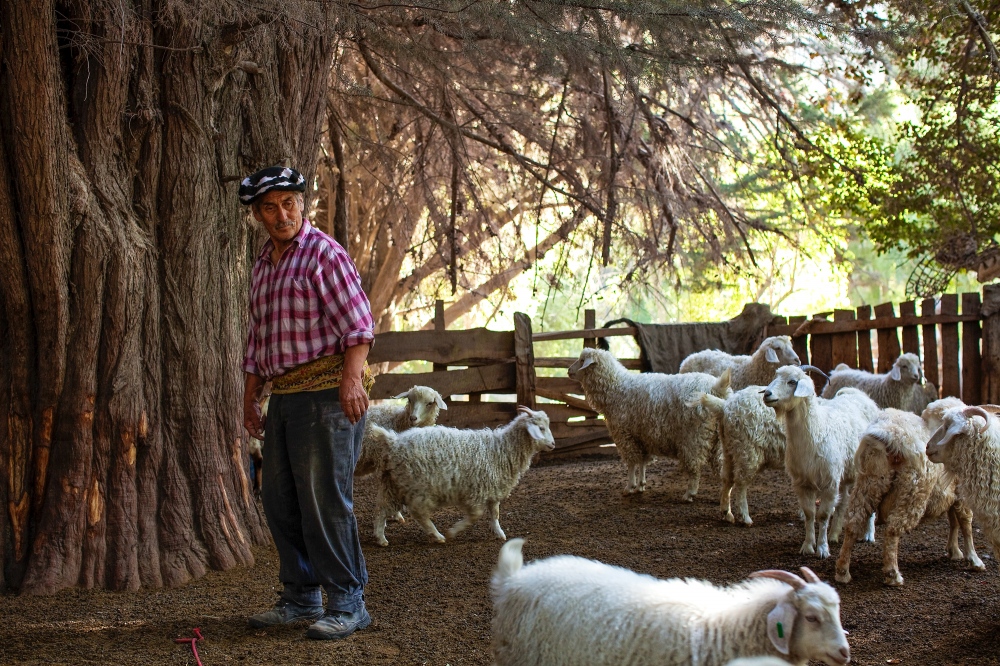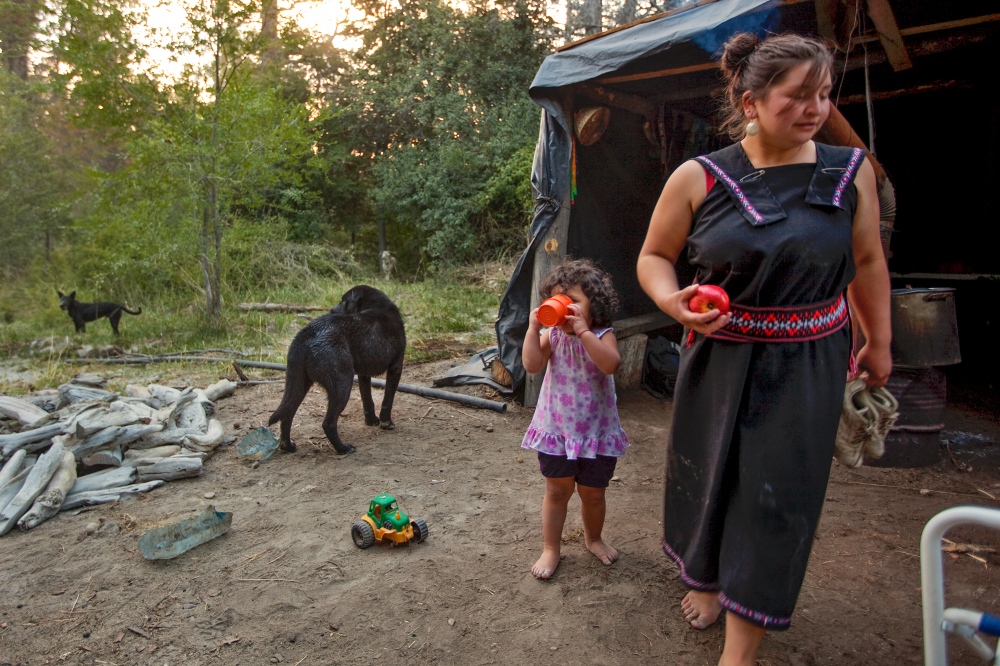Private Project
Mapuche Legacy
The Mapuches are originally from South America. They live mainly in southern Chile and southwestern Argentina. In the late nineteenth century the Argentine and Chilean states occupied territories inhabited by autonomous Mapuches in military operations called "Conquest of the Desert" and "Pacification of Araucania 'respectively.
In Argentina there are, according to the INDEC, 600,329 people recognized or descendants of indigenous peoples. Indigenous organizations say the number is much higher, especially because some people, despite pressure slowly they begin to assume their real identity.
Mapuche people live all over Argentina (in the provinces of Buenos Aires, La Pampa, Chabut, Santa Cruz, Río Negro and Neuquén, as well as in many cities of other provinces) but the majority lives in Neuquén and Río Negro. It is here that the most consequential Mapuche political organisations have emerged.
The Mapuche community have been suffering a long struggle to recover what was taken from them with violence, however, evictions, threats and extortions, keep them in a constant struggle that prevents them to develop as people.
There are now more than 50 criminal cases against the community's legitimate defense of its territory. Also, 250 people have been charged to them for alleged usurpation of territories and disrespect for authority. Big oil companies have managed to corral their villages and polluting scarce water and for instance killing their animals, their only source of life. This coupled with the tourist exploitation of natural parks originally Mapuche territories, leaves these communities in deep poverty and exclusion.
The UN backed Tierramérica Network report of 2007 cites land titling as the root of the problem. For example according to the Argentinean Constitution, indigenous Mapuche are the legitimate owners of the lands in Patagonia but the majority of Mapuche in Patagonia do not hold legal title to lands inhabited by their pre-colonial ancestors, and this is now regarded as "publicly-owned property." As a result large parcels of indigenous land is frequently sold off to the highest bidder thus contributing to the underlying conditions for land ownership disputes in that region.
3,068


























